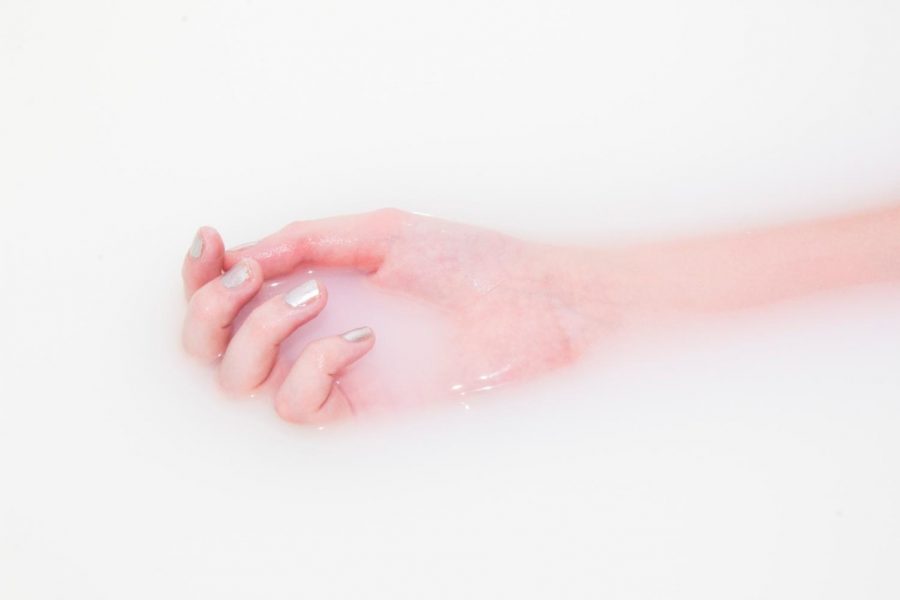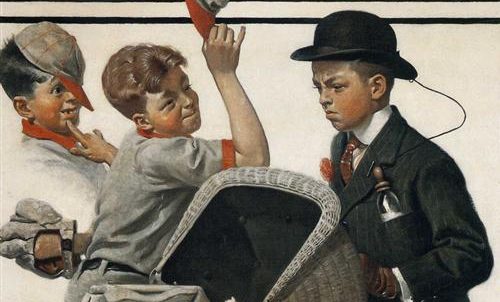The Fairer, The Better Your Life.
I was six year old when I stood near a wall and scrawled out my wish to have fair skin again. Even though my wish did not stay for long, I continued to be dissatisfied with my own skin color for a long time.
When I came here, I had a chance of seeing people getting into “tanning beds” or deliberately soaking up the sun at the beach. It was a surprise for me, because where I come from people are always in a struggle to stay out of the sun or constantly trying to lighten their skin tones.
In fact, it is very normal for South Asians to watch TV advertisements with a girl leading an unhappy life simply due to her brown skin. But as the advertisement shows, the girl’s life changes, such as getting a job or a marriage proposal, when she gets an access to a skin-whitening cream. Such advertisements have a very negative impact on the youth and particularly females. Many of them often begin to suffer from depression or feel shunned by society.
South Asians, in particular, have a long history of putting the pale skinned people upon the pedestal in the social structure. The blame is put on Aryans, the foreigners who are thought to have invaded India around 1500 BC. It is believed that Aryans, who were fair in color, had degraded Dravidians who were the dark-skinned natives to a lower status in society after defeating them in battle. There were many invasions of India after the Aryans mainly carried out by the foreigners from regions like central Asia, who were also light skinned, unlike the indigenous people of India. Thus, as the years went along there began to exist a distinction between the darker and the fairer; fair skin became the symbol of wealth, and happiness, while the dark skin came to symbolize poverty and inferiority. Over time, this distinction between the skin tones got weaved into classic folk tales always portraying the darker person as evil. Even now, necessary skin whitening remedies are taught to women in each generation.
In the late 1700s, the British Empire, which was at the peak of its rule when the aroma of Indian spices tantalized the British to take over the Indian subcontinent. The inferiority complex was heightened in the Indian population as the white-colored British took over India. There was a reinforcement of the notion of white superiority. The minuscule of British settled in their own societies, established their own educational institutes, clubs, and restaurants which clearly stated, “Indians and Dogs are not allowed.” Moreover, the paler Indians were given important jobs such as higher ranks in the military, than the darker ones who were limited to the infantry. Although the British rule ended officially in 1947, the presence of their influence is still felt in South Asia, not only through the survival of their colonial infrastructure, but also the inferiority-complex they instilled in the natives.
In present day, India’s Bollywood and Pakistani drama industry are the embodiment of how much skin color still matters to South Asians. For example, in Bollywood, the majority of famous actors or actresses are fair skinned. Although there are dusky colored actors and actresses, they are often white-washed on the screen, or are seen endorsing whitening creams. In fact, the very well known Shahrukh Khan was criticized for endorsing a men’s face cream promising to make men fair and handsome. The absurdity of the Bollywood’s obsession with fairness is even present in one of the popular songs as the lyrics go, Please agree to show me a romantic movie, I request you. White wrists…oh baby, I have white wrists.
On the other hand, the Pakistani drama industry is similar in nature as mainly fair-skinned actors are preferred and many resort to whitening injections. In fact, there was an uproar when a morning hostess held a challenge in her show to blacken the complexions of the models, and in her own justification to show that dark brides can be beautiful too.
Yet today’s world is interconnected through the internet which leads us to a generation much socially aware than the previous ones. There are many activists now on social websites, like Instagram, promoting pages which feature women of color in every shade. There’s a movement to reclaim their importance in the world, despite what their skin color might be. There are also campaigns like, Dark is Beautiful, which started in India in 2009, and Dark is Divine, which started in Pakistan in 2013. Both of these campaigns preach against discrimination upon skin color and teach women and men how to embrace their skin color and live with confidence. But at the same time, it’s a wonder that international companies like Unilever still continue to feed off women’s insecurities all over the world. Many women still continue to put Fair and Lovely, which is owned by Unilever, diligently on their faces. Perhaps, the billion dollar industry really does depend on the self-hatred that is fueled by its products and does not want a change of status quo at all.











